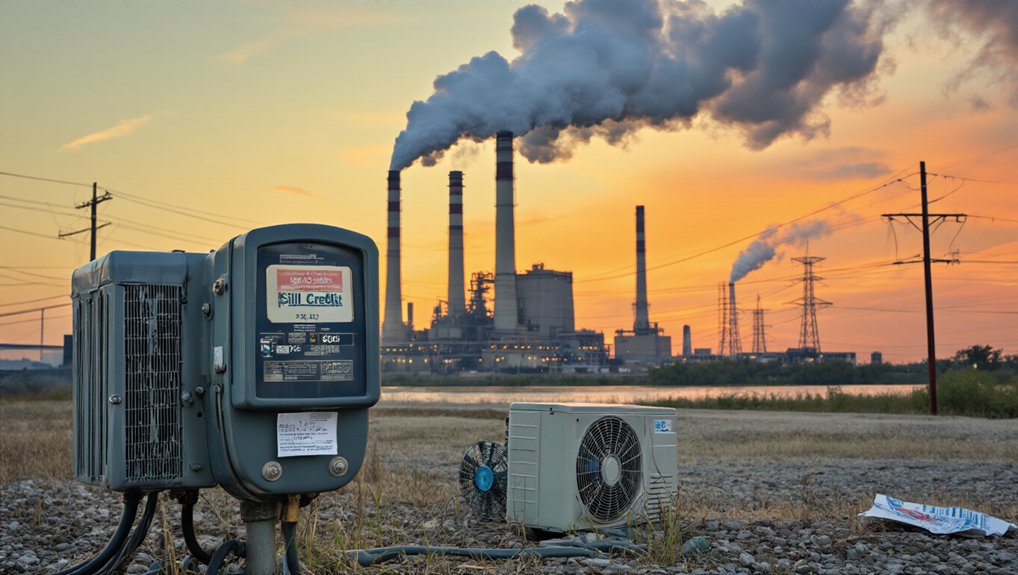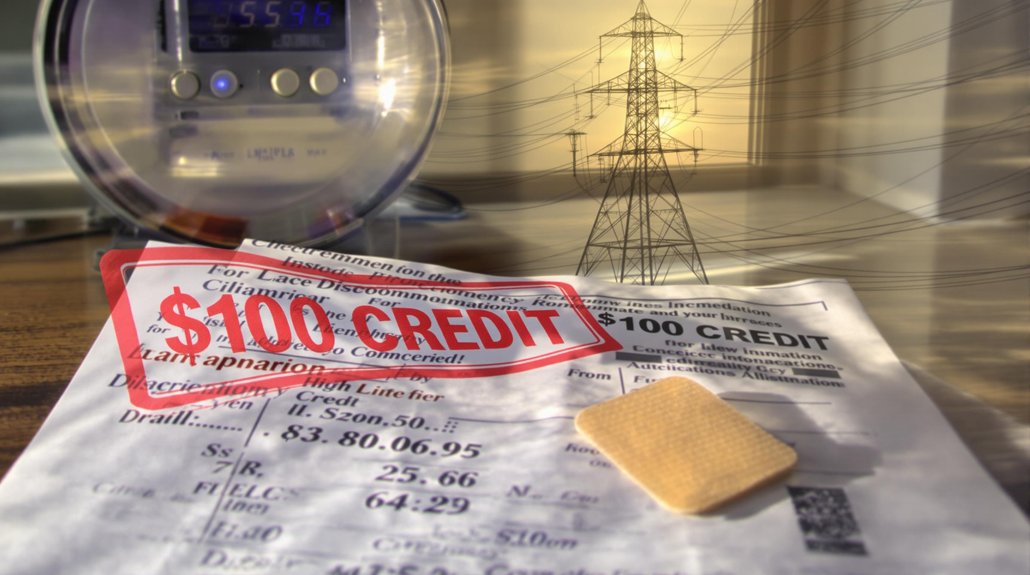As summer temperatures soar across the Garden State, New Jersey residents are getting a different kind of relief—on their electricity bills. The New Jersey Board of Public Utilities has approved programs deferring $60 from summer electricity bills when air conditioning usage typically peaks. Not exactly a windfall, but it’s something.
The plan splits the relief into two $30 credits, one in July and another in August, for all residential customers of the state’s four major utilities: PSE&G, JCP&L, Atlantic City Electric, and Rockland Electric Co. What’s the catch? You’ll pay it back interest-free at $10 per month from September through February. Fundamentally, it’s a six-month payment plan. Whoopee.
Low-income households are getting a slightly better deal. They’ll receive additional bill credits totaling $175 beyond the general $60 deferral. Plus, the BPU approved waivers on reconnection fees for customers experiencing service interruptions and extended winter shutoff protections through the summer months. PSE&G’s recently announced Summer Relief Initiative will run from July 1 to September 30, providing crucial shut-off protection when temperatures are highest.
The relief comes in response to electricity rates that surged up to 20% starting June 1. The culprit? Mismanagement in the PJM power generation auction. Rates spiked, and consumers got stuck with the bill. Tale as old as time.
When utilities fumble the power auction, guess who pays? New Jersey residents, with a 20% rate hike. Business as usual.
Meanwhile, Governor Phil Murphy and state leaders have proposed a more substantial $430 million economic relief package. This would offer a $100 credit for all ratepayers, plus an additional $150 for eligible low-to-moderate income customers. The plan still awaits formal NJBPU approval.
Utilities have been quick to cooperate, developing relief plans alongside the BPU. They’ve agreed to waive reconnection fees and facilitate the bill credit programs. Nice of them, considering the price spike originated outside their control. The transition to clean energy will require significant power grid upgrades to accommodate renewables, potentially affecting future rates.
The Universal Service Fund is also getting enhancements to support energy affordability long-term. These improvements include increasing the monthly credit floor from $5 to $20 starting in October. Because let’s face it—$60 in temporary relief won’t fix New Jersey’s energy affordability crisis.
References
- https://www.nj.gov/governor/news/news/562025/approved/20250605a.shtml
- https://www.nj.gov/bpu/newsroom/2025/approved/20250618.html
- https://www.renewableenergyworld.com/energy-business/policy-and-regulation/new-jersey-utilities-to-cut-60-from-electric-bills-to-offset-controversial-price-spike/
- https://nj.pseg.com/newsroom/newsrelease455
- https://njbiz.com/njbpu-approves-summer-energy-bill-relief-amid-rate-hikes/









